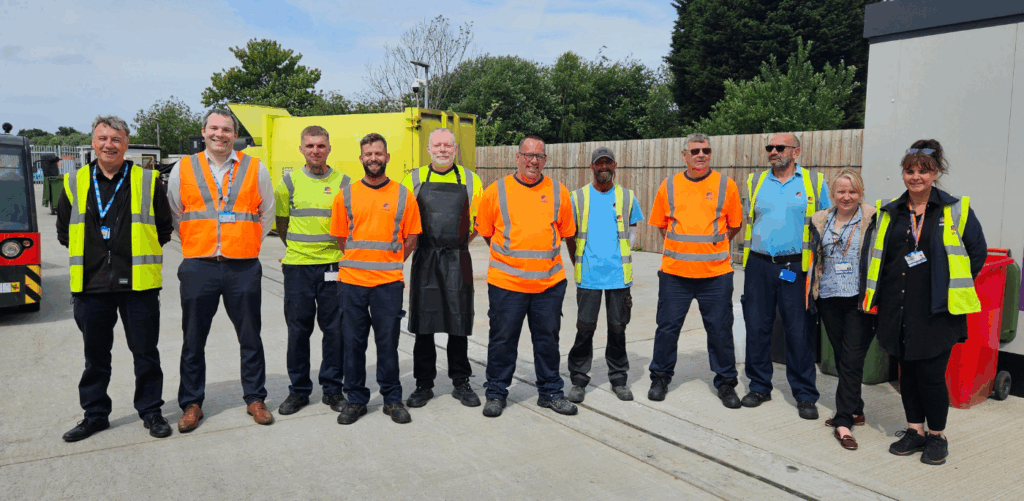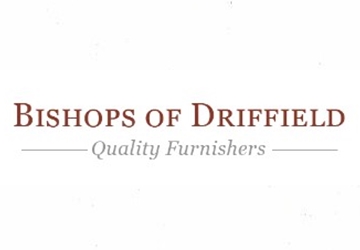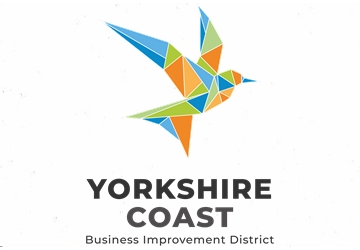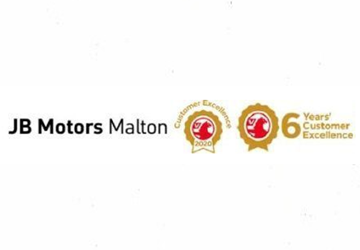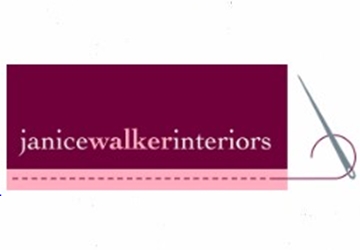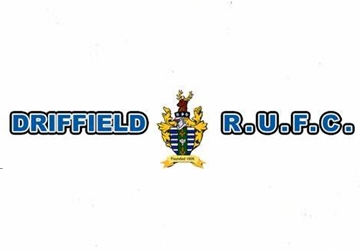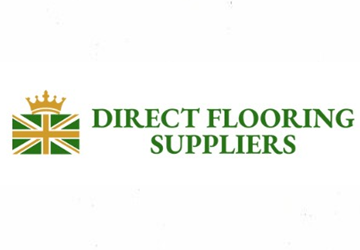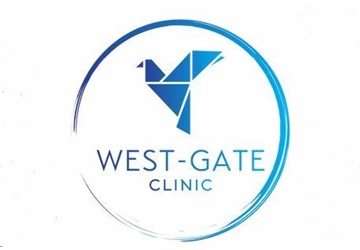Located at the rear of the Argyle Street car park, work on the site – the first materials recycling facility (MRF) to be created by an NHS Trust in England – began in April 2024.
The MRF is a joint venture between Hull Hospitals’ Waste Management Team and MITIE, with the work on the ground carried out by a team of MITIE operatives. Between them all, they have set themselves a target to recycle 80% of all the hospital’s domestic waste by the end of the year.
The term ‘recyclables’ include items you’d probably expect such as paper, cans and plastic bottles, but also covers items which you might consider more difficult to recycle such as disposable cups, vapes and electricals.
People often think hospital waste all eventually goes to the same place, but that couldn’t be further from the truth,” says Karen Alexander, MITIE Contract Manager.
“Each bag of domestic waste created at HRI is brought to our MRF where it is opened on site, by hand, and a dedicated team then filters out as much recyclable material as possible. Given the volume of waste created on site though, we’d really encourage patients, staff and visitors to use the right bins at the point they dispose of an item; this helps our MRF to work more efficiently and allows those carrying out this second level of waste segregation to get through more bags.”
Mike James, Facilities Service Manager for NHS Humber Health Partnership, based in Hull, says:
“We’ve gone to great lengths to provide more bins for different types of waste across the various wards and departments in order to help with that first level of segregation.
“Food bins have been placed in all kitchens and staff rest rooms, for example, with other mixed recycling bins provided depending on the physical space available.”
“Even now, we’re still finding more things that we can recycle,” Karen continues, pointing to a bin full of hard plastics such as bottle tops, plastic trays and tie-wraps.
“We’re currently working with a company to have a bench made out of these materials. We’re just agreeing the design now but we wanted something useful to come from items that had been thrown away, to serve as a visual reminder of the value of recycling.”
Just past the segregation facility, there are rows of wheelie bins lined up on the right of the MRF. Twenty of the bins are used purely for food waste, and there are another ten for glass.
Even when the domestic waste has been separated as far as possible, it’s still not over. Thanks to some clever pieces of compacting kit, the team is able to compress domestic waste to reduce both the cost of waste collections and the frequency with which lorries need to collect from site, so realising a further environmental benefit.
Ten cages full of disposable coffee cups can be compressed down into a single bale, while it takes five cages full of aluminium drinks cans to make the same-sized bale.
Every week, 20 bins of food waste from offices, ward areas and the hospital restaurants are collected for disposal, along with a whopping 20 tonnes of cardboard each month.
Clinical waste is also compacted, and even the methane from anaerobic digestion of food waste is helpful, as once it’s taken away, the energy it creates goes back into the grid and the byproduct, known as ‘liquid gold’ in the agriculture trade, is used as fertiliser on farms.
The preparatory work meant the hospital trust was well placed when updated recycling legislation, ‘Simpler Recycling’, was introduced in Apil this year requiring all workplaces to separate dry recyclable items, food waste and non-recyclables before collection.
The cost of domestic waste disposal has also reduced by around £200 per tonne, but as well as delivering savings and legal compliance, the project has also been winning hearts and minds.
“One of the best things about the MRF is how well the team working here has embraced it,” Karen adds.
“There was some resistance at the start; people don’t always like change and, naturally, there was some concern around the idea of opening bags of waste in case there were sharps or other items of a clinical or hazardous nature in there. Thankfully, we don’t see this too often, and the team are now really enjoying their work here and the very visible contribution they’re making to reducing our environmental impact. We’re proud to be a part of it.”
Mike James continues:
“We really want people to think about recycling at work like a larger version of recycling at home. The vast majority of us separate our food waste, our plastics, paper and bottles at home, so we want people to continue to do that here.
“Over the course of this financial year, the MRF will help us deliver waste management savings of around £100,000 across both HRI and Castle Hill, but it’s not just about the financial benefits, it’s also about being a responsible employer, respecting our environment and, basically, just doing the right thing.”

